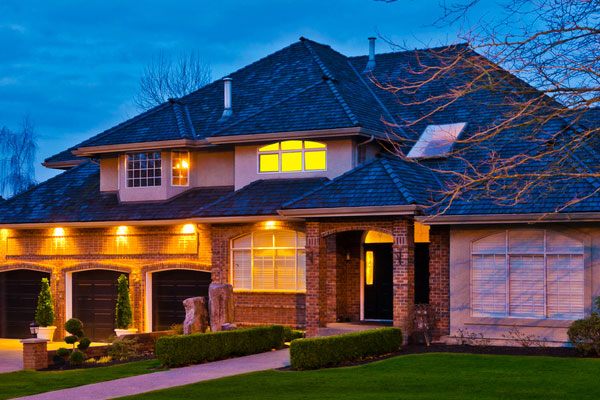How to protect yourself against crime in your neighborhood

Yes, some cities have higher crime rates than others, but even in the worst neighborhoods you can take steps to protect your property from theft and other crimes.
Here are some tips for keeping your home safe:
1. Pick up the newspaper in your driveway so it doesn’t alert criminals that you’re not home.
Picking up the newspaper in your driveway may seem like a simple gesture, but it can actually help you protect yourself against crime. Criminals are often looking for signs that no one’s home—and newspapers are a dead giveaway of such. By picking up your newspaper and putting it inside, you’re telling criminals that someone is at home and will notice suspicious activity around their house (or, more likely, apartment building). This is especially important if you live in an area where newspapers are delivered by a third party (such as a paperboy) rather than directly from the publisher (in which case there’s usually some sort of sticker on the door letting neighbors know that they don’t need to pick up their own paper).
2. Do not leave spare keys outside—that includes hiding them under doormats or other places where they can easily be found by criminals!
3. Keep your shrubs trimmed so burglars can’t hide behind them.
4. Keep your shrubs trimmed so burglars can’t hide behind them.
5. Don’t have shrubs that are too close to the house or windows.
Instead, leave space around the house so that if a burglar tries to hide behind it, they will be visible from inside or outside of your home.
6.Don’t leave a spare key outside, especially in an obvious place like under your doormat.
If you want to avoid being burglarized, the best thing you can do is make sure that there’s nothing for a thief to take. If your keys aren’t where they’re supposed to be, then it doesn’t matter how much cash or jewelry you have stashed at home: no one will be able to get in.
That said, here are some basic precautions anyone can take:
Don’t leave keys in your car or on the seat
Don’t leave keys in your mailbox (or any other public place)
Don’t leave keys under a mat (or anywhere else obvious)
Don’t leave them in your glove box while driving around town
Make sure all your windows are closed and locked if you’re going out of town.
If you’re going out of town, make sure to lock all your windows and doors. It might seem unnecessary, but remember that criminals like to take advantage of empty houses. You don’t want an opportunistic thief going through the contents of your home while you’re gone.
Even if you’re just planning on being away for 24 hours or so, it’s important to protect yourself against crime by locking up before leaving. Thieves may think nothing of breaking into a house that looks as if it isn’t occupied—even if they are not able to get in right away. Your best bet is always to take steps beforehand so as not put yourself (or anyone else) at risk when returning from vacationing or business trips.
Don’t keep your valuables hidden in the same spot around the house. It’s a common sense rule, but some people don’t follow it. If you keep all of your valuables in the same spot around the house, then it becomes much easier for criminals to grab them and run. Keep them hidden in different rooms or areas of your home, preferably somewhere that isn’t obvious to anyone who might be casing the joint. You should also consider keeping them in different spots on any given shelf—e.g., if someone finds one hiding place, he’ll be less likely to look elsewhere if there’s another one close by.
Don’t leave your garage door open while you’re running errands or working in the yard. Leaving your garage door open while you’re home is a common mistake. But many burglars prefer to work when homeowners are away from their homes, so leaving the garage door up even for a few minutes could mean giving them an easy opportunity to break in.
If you need to go out for errands or run other quick errands around the house, shut and lock your garage door behind you. That way, if thieves happen to see your car parked in the driveway and notice that your garage isn’t closed, they won’t know what’s waiting for them inside—and they may move on to another area instead of risking confrontation with an armed homeowner who could be nearby.
For true peace of mind, consider installing a home security system, even a basic one.
If you’re not already using a home security system, consider installing one. EMC Security can help you choose the right system for your needs and budget.
A basic home security system is simple to set up and easy on your wallet—usually just a few hundred dollars per year.
If you think an intruder might be coming into your home, having a monitored security system means that the police will contact you as soon as motion is detected in your house or yard. If there’s no response from you after 30 seconds (or another predetermined time period), they’ll contact dispatchers who can send officers out to check on the situation.
